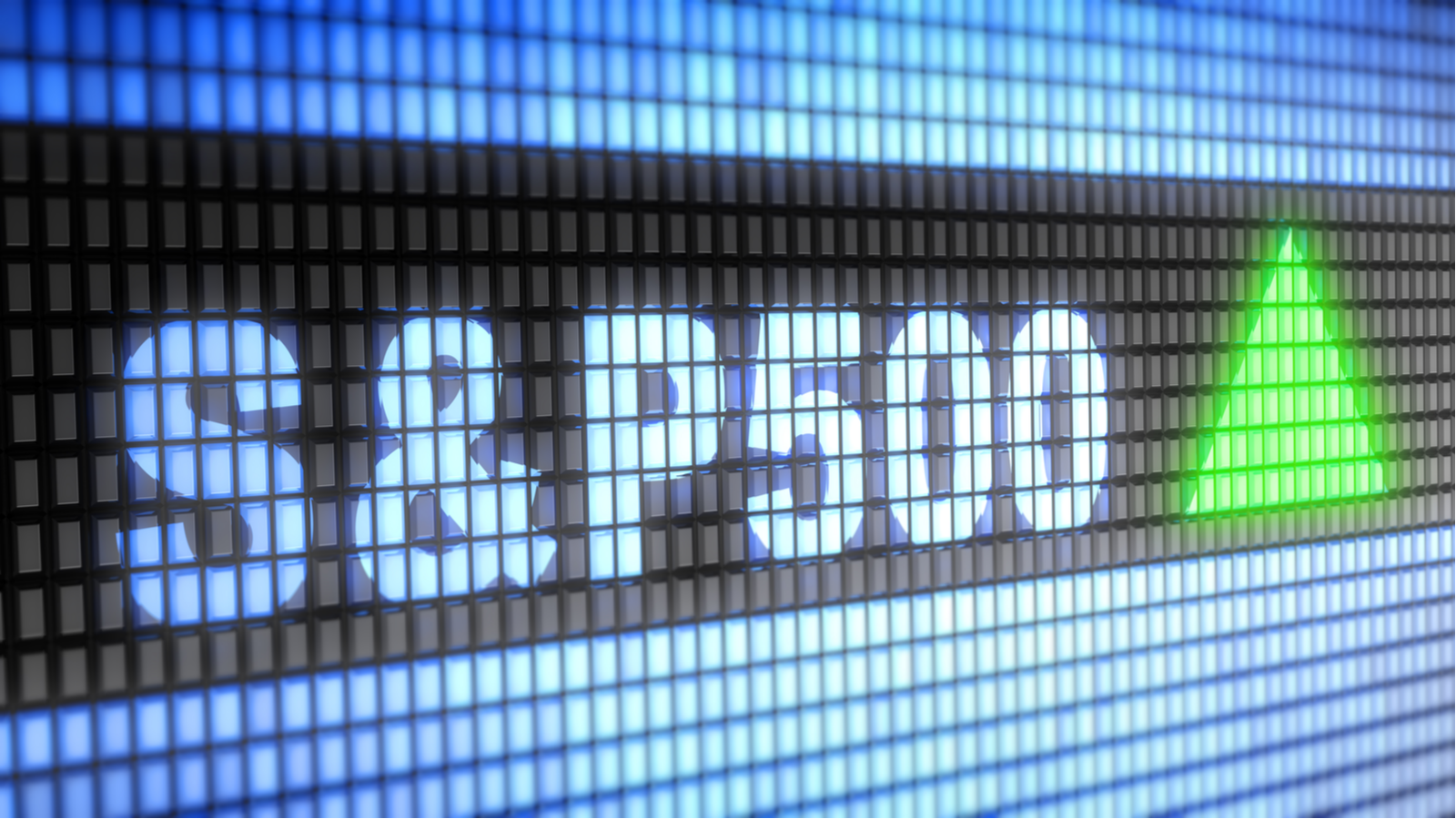Staff of Reuters 2 minutes Read (Reuters) – BERLIN (Reuters) – According to a survey released on Tuesday, investor mood in Germany decreased far more than predicted in July, but remained quite high, with hopes for a strong economic recovery rising. PHOTO FROM THE FILE: The skyline of Frankfurt, Germany, featuring the financial center, is shot at sunset on April 22, 2020, as the coronavirus disease (COVID-19) continues to spread. Kai Pfaffenbach/Kai Pfaffenbach/Kai Pfaffenbach/Kai Pfa Investor mood plummeted to 63.3 points from 79.8 points in the previous month, according to the ZEW economic research agency. A Reuters poll predicted a drop to 75.2 percent. However, a separate ZEW index of current circumstances rose to 21.9 points from -9.1 points in June, moving into positive territory for the first time in two years and easily above the consensus prediction of 5.0 points. In a statement, ZEW President Achim Wambach remarked, “The economic development continues to normalize.” “In the interim, Germany’s situation indicator has definitely overcome the coronavirus-related decrease,” says the report. “Financial market specialists predict the overall economic picture to be very favourable in the coming six months,” he continued. Separate data released on Tuesday by the Federal Statistics Office revealed that orders for German-made goods fell by the most since the first lockout in 2020 in May. This was due to lower demand from non-euro zone nations and fewer contracts for machinery and intermediate items. In seasonally adjusted terms, orders for industrial goods declined 3.7 percent month over month, the first drop in new business this year. According to ING’s Carsten Brzeski, the fall was mostly due to supply chain disruptions, delivery delays, and a shortage of materials and intermediate items. In a message, he added, “Today’s dismal industrial orders are no reason to be concerned.” “Order books are overflowing, and resolving backlogs is a bigger issue for German firms than obtaining new orders.” Joseph Nasr is the author of this piece. Riham Alkousaa and Catherine Evans edited the piece./n
Read MoreUPDATE 1-German investor morale points to continued recovery despite drop
2021-07-06T11:25:31-04:00July 6th, 2021|





